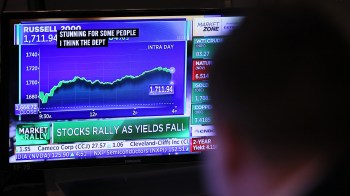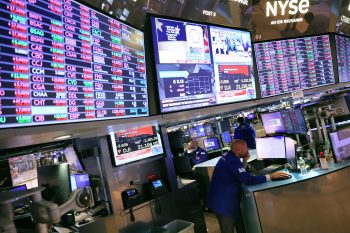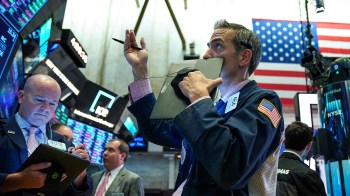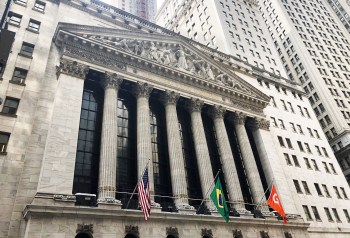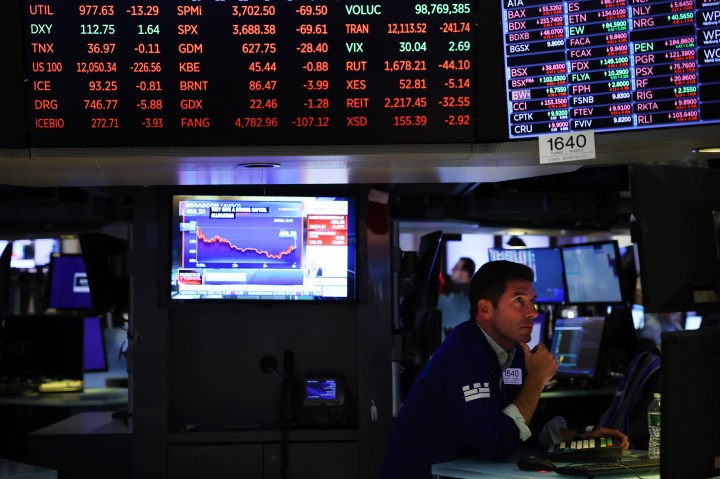
Global markets are tanking because they see signs that the global economy is tanking
Global markets are tanking because they see signs that the global economy is tanking

The past two weeks on global financial markets have been brutal. Monday was no exception, and that’s in the U.S., in Asia and in Europe.
Of course, the stock market is not the economy. But in this case, stock markets are looking at the economy and not liking what they’re seeing.
The British pound hit a record low against the U.S. dollar. Plus, energy markets are indicating that a recession’s on the way because the price of oil has been falling, which is a sign of weak demand.
And everyone’s dealing with the effects of Russia’s war in Ukraine. The Organization for Economic Co-operation and Development said Monday that the conflict will cost the global economy $2.2 trillion in lost output.
Overall, the global economy came out of the first two years of the pandemic in surprisingly good shape — considering all the risks.
But supply chain problems dragged on, Russia invaded Ukraine, inflation rose and, before long, the global economy was in trouble, said Jacob Kirkegaard at the Peterson Institute for International Economics.
“I guess it’s the old saying for financial markets: ‘One disaster rarely comes alone,'” Kirkegaard said. “I wouldn’t call it a perfect storm, but it’s getting mighty windy out there.”
Global growth is at risk for a host of reasons. First, there are those aggressive interest rate hikes aimed at dampening demand to get inflation in check, led by the U.S. Federal Reserve and followed by central banks around the world.
“Rates are really moving up for the first time in 15, in some cases even 20 years, with declines across many equity markets and sort of risky assets that tend to rely on borrowed money,” Kirkegaard said.
Then, add a big dose of international strife. “The ongoing geopolitical shock and uncertainty of the war in Ukraine, resurfacing of the threat of nuclear war, right? Not the headlines people would like to have.”
Especially in Europe, where the headlines include Russia cutting off natural gas supplies and prices going through the roof.
Over in Asia, meanwhile, China’s economy is in trouble. The U.S. is likely to weather the global economic storm better than our main trading partners, per Brad McMillan at Commonwealth Financial Network.
“We are far and away the least affected by global problems,” he said. “Certainly we’re not independent of the world, but we have much, much less exposure than, say, Europe and the Far East.”
Just look at energy, McMillan said. We produce most of our own. In Europe and Asia, they’re dependent on Russia and the rest of the world.
There’s a lot happening in the world. Through it all, Marketplace is here for you.
You rely on Marketplace to break down the world’s events and tell you how it affects you in a fact-based, approachable way. We rely on your financial support to keep making that possible.
Your donation today powers the independent journalism that you rely on. For just $5/month, you can help sustain Marketplace so we can keep reporting on the things that matter to you.


